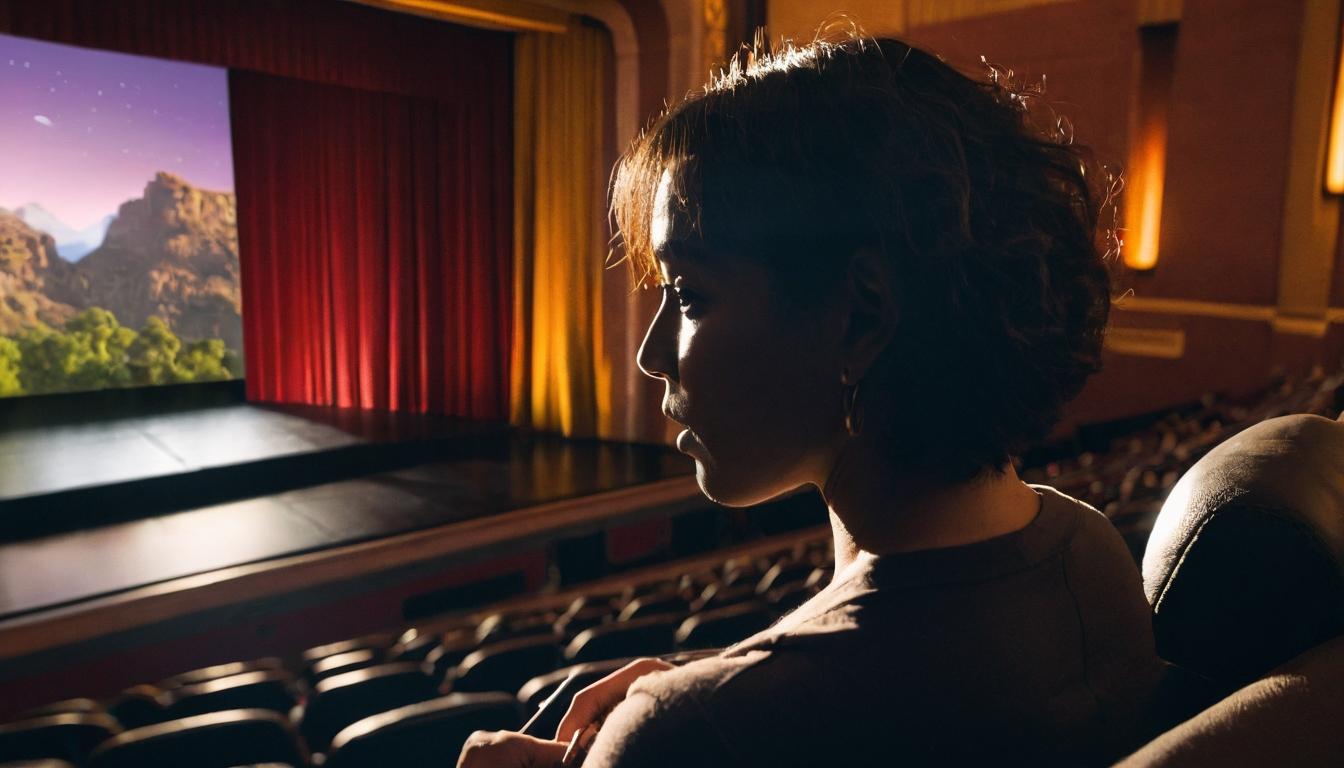The lights dim, the studio logo fades, and that first musical cue hits you right in the chest. It's a moment we've all experienced, yet few understand the seismic shifts happening behind those opening notes. Across Hollywood and beyond, film composers are staging a quiet revolution, breaking free from traditional orchestral constraints and rewriting the very language of cinematic sound.
Walk into any major scoring stage today and you'll find a landscape transformed. Where once stood only symphony orchestras now hums with modular synthesizers, ethnic instruments from every corner of the globe, and experimental sound design rigs that would make a NASA engineer blink twice. Composers like Hildur Guðnadóttir, who won an Oscar for her cello-driven Joker score, have proven that sometimes the most powerful statement comes from stripping away rather than building up. Her work represents a growing movement toward minimalism and emotional authenticity over bombastic spectacle.
This evolution isn't happening in isolation. Streaming platforms have become unlikely laboratories for musical innovation. Limited series and streaming films, freed from the pressure of filling massive theaters with sound, are embracing more intimate, character-driven scores. The Mandalorian's use of the rare bass recorder and other unconventional instruments created a sonic universe as distinctive as its visual one. Meanwhile, composers like Nicholas Britell are exploring what he calls "vertical orchestrations" - layering different musical elements that can be mixed and matched depending on the emotional needs of each scene.
Technology has become both liberator and disruptor. AI-assisted composition tools now sit alongside traditional notation software, raising complex questions about authorship and creativity. Some composers embrace these tools as collaborative partners, while others view them with suspicion. The debate echoes through composer forums and industry panels: when a machine can generate endless variations on a theme, what becomes of the human touch? Yet the most interesting developments often come from those bridging both worlds, using technology to enhance rather than replace human expression.
Independent film has become the proving ground for the most daring musical experiments. Without the constraints of studio test screenings and focus groups, indie composers are free to explore uncharted territory. We're hearing scores built entirely from field recordings, compositions that blur the line between music and sound design, and collaborations with musicians from genres Hollywood traditionally ignored. These innovations frequently trickle up to bigger productions, proving that creative risk-taking pays artistic dividends.
The very definition of what constitutes a film score is expanding. Documentary filmmakers increasingly commission original scores rather than relying on pre-existing music, recognizing that even non-fiction stories benefit from custom-crafted emotional landscapes. Video game composers, once relegated to the industry's periphery, now command respect and budgets comparable to their film counterparts, with their interactive scores representing perhaps the next frontier in musical storytelling.
Global influences are reshaping Hollywood's sound in profound ways. Composers from Asia, Latin America, and Africa are bringing musical traditions that challenge Western harmonic conventions. The result is a richer, more diverse sonic palette that reflects our increasingly interconnected world. When a Bollywood-inspired rhythm finds its way into a mainstream action sequence or West African polyrhythms underscore a dramatic revelation, we're witnessing the emergence of a truly global film music language.
Yet for all this innovation, the fundamentals remain unchanged. The best film music still serves the story, enhances the emotional journey, and creates that magical alchemy where image and sound become greater than the sum of their parts. What's different is the toolkit available to achieve these ends and the creative courage of those wielding it. The revolution isn't about rejecting tradition but about expanding possibilities, proving that even in an art form as old as cinema, there are always new ways to make audiences feel.
The unsung revolution: how film composers are rewriting Hollywood's musical rules

